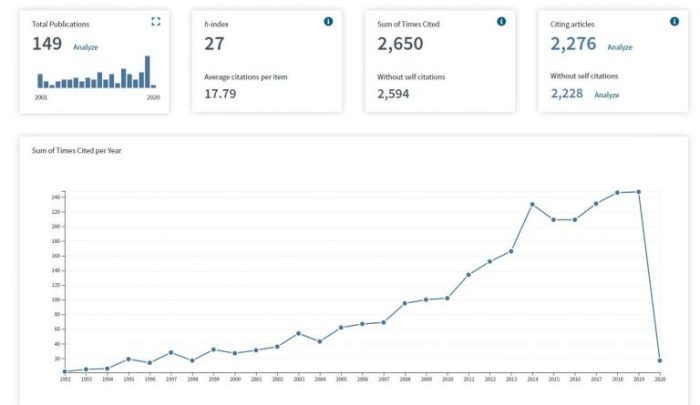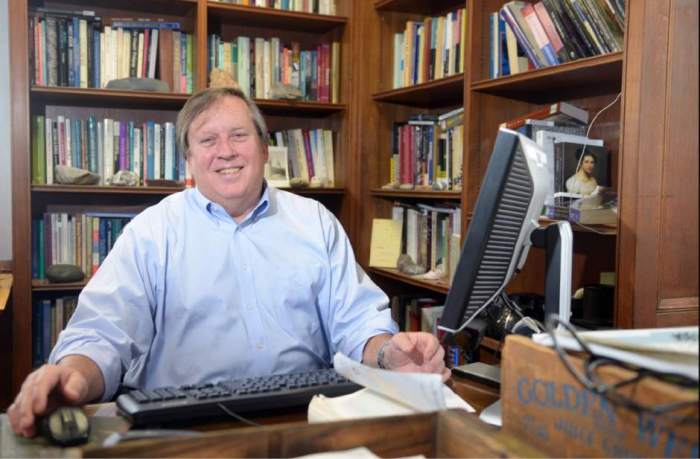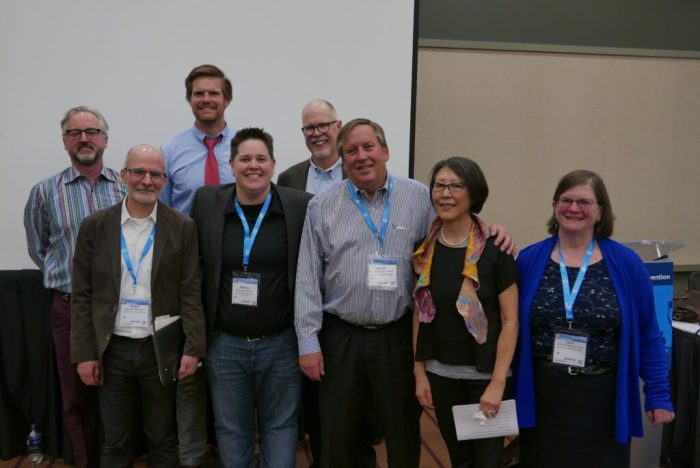Inventing the university david bartholomae – In “Inventing the University,” David Bartholomae embarks on a captivating exploration of the historical origins and modern evolution of universities. This seminal work delves into the medieval foundations of higher education, Bartholomae’s groundbreaking contributions to our understanding of university discourse, and the challenges and opportunities facing universities in the 21st century.
Bartholomae’s research illuminates the intricate relationship between universities and the Catholic Church, showcasing how early universities emerged as centers of knowledge production and dissemination. He analyzes university curricula and pedagogical practices, revealing the ways in which they shape the intellectual development of students.
The Historical Context of Inventing the University

The medieval period marked a significant chapter in the development of universities. The Catholic Church played a pivotal role, establishing these institutions as centers of learning and scholarship. Early universities, such as the University of Bologna and the University of Paris, emerged during this era and made substantial contributions to fields like law, medicine, and theology.
The Role of the Catholic Church
The Church’s influence on universities was multifaceted. It provided financial support, established curricula, and appointed faculty. Universities served as training grounds for priests and other religious leaders, fostering a close relationship between the Church and academia.
Examples of Early Universities
- University of Bologna (1088):Renowned for its law school, which produced influential legal scholars and shaped legal systems throughout Europe.
- University of Paris (1150):A leading center for theology and philosophy, attracting students from across Europe and contributing to the development of Scholasticism.
- University of Oxford (1096):Originated from a group of scholars who left the University of Paris and became a prominent center for teaching and research.
David Bartholomae’s Contributions to Understanding the University: Inventing The University David Bartholomae
Bartholomae’s Research on University History, Inventing the university david bartholomae
David Bartholomae conducted extensive research on the history of the university. His work explored the evolution of university curricula, pedagogical practices, and the role of universities in society.
University Curricula and Pedagogical Practices
Bartholomae analyzed the changing nature of university curricula, highlighting the shift from a focus on religious studies to a broader range of disciplines. He also examined the pedagogical practices employed, such as lectures, disputations, and examinations.
The University as a Discourse Community
Bartholomae introduced the concept of the “university as a discourse community,” emphasizing the unique ways of communicating and producing knowledge within academia. He argued that universities foster specific norms, values, and expectations that shape the discourse of their members.
The Evolution of the University in the Modern Era

Transformation from Medieval to Modern Institutions
Universities underwent a gradual transformation from medieval institutions to modern research centers. The Renaissance and Enlightenment brought about a shift towards secularism and a renewed emphasis on science and reason.
Impact of Industrialization and Technology
Industrialization and technological advancements significantly influenced university education. The demand for skilled workers and professionals led to the expansion of scientific and technical disciplines. Universities also embraced new technologies, such as the printing press and the internet, to enhance teaching and research.
Changing Role of Universities
The role of universities in society evolved. They became increasingly involved in scientific research, contributing to technological advancements and economic growth. Universities also expanded their educational offerings to meet the changing needs of society.
The Future of the University

Challenges Facing Universities
Universities in the 21st century face various challenges, including funding constraints, increasing student debt, and the rise of online education. They must adapt to changing societal needs and technological advancements to remain relevant.
Potential Future Directions
The future of the university is uncertain but holds potential for innovation and transformation. Universities may embrace blended learning models, personalize education, and explore new modes of research and knowledge dissemination.
| Perspective | Strengths | Weaknesses |
|---|---|---|
| Traditional University Model: | Prestige, alumni networks, hands-on experience | High cost, limited flexibility |
| Online Education: | Accessibility, flexibility, lower cost | Lack of face-to-face interaction, potential isolation |
| Hybrid Model: | Combines benefits of traditional and online, personalized learning | Can be complex to implement, may require additional resources |
Questions and Answers
What is the significance of David Bartholomae’s work on the history of the university?
Bartholomae’s research provides valuable insights into the origins and development of universities, shedding light on their role in society and the evolution of academic practices.
How does Bartholomae define the “university as a discourse community”?
Bartholomae views the university as a distinct social and intellectual space where members share a common set of values, norms, and practices that shape their academic interactions and knowledge production.
What challenges do universities face in the 21st century?
Universities today grapple with issues such as increasing costs, technological disruptions, and the need to adapt to a rapidly changing job market.